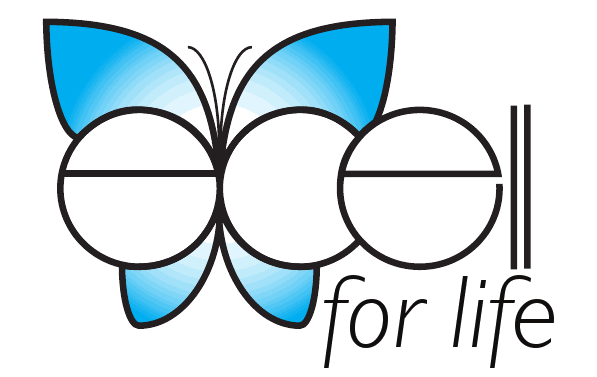NREM and REM Cycles to Improve Sleep
Two Stages of Sleep
There are TWO stages of sleep – NREM (non rapid eye movement) and REM (rapid eye movement, with short fast waves), which play out a recurring push-pull battle for brain domination across the night. The cerebral war between the two is won and lost every 90 minutes – ruled first by NREM sleep, followed by the comeback of more REM sleep later in the night. We have no scientific consensus as to why our sleep (and all mammals and birds) cycles in this repeatable pattern.
Deep NREM Sleep
As we will discuss later, the key function of deep NREM sleep (with deep big brain waves), which predominates early in the night, is to do the work of weeding out and removing unnecessary neural connections. In contrast, the dreaming state of REM sleep (with fast short brain waves like the awake state), which prevails later in the night, plays a role in strengthening those connections.
What We Know About REM Sleep
Think of the AWAKE STATE as principally as RECEPTION, experiencing and constantly learning the world around you. The NREM SLEEP is a REFLECTION, to reflect, sto
re, and strengthen those raw ingredients of new facts and skills (the deep waves are a file or informational packet transfer from short term memory brain areas to a more permanent safe long term brain storage area). REM SLEEP is an INTEGRATION, to interconnect these raw ingredients with each other and with our past experiences and then building an ever more accurate model of how the world works, including innovative insights and problem-solving abilities.
The brain waves of alert and REM sleep are almost the same, and parts of the brain are MORE active in REM sleep. Thankfully in REM sleep our muscles are paralyzed due to blocking in part of our brain.
6 Hours Is Not Enough Sleep
An alert to us when we have to get up 2 hours early (and only get 6 hours of sleep). Since NREM dominates in early sleep and REM in later sleep, we do not just lose 25% of REM sleep. We actually lose 60 – 90% of REM sleep by getting up 2 hours earlier!
REM is vital to cardiovascular health, emotional restoration, memory association, creativity, and body temperature regulation.
Nighttime Routine to Improve Sleep
After reading “Why We Sleep” by Dr. Matthew Walker getting ready for and going to sleep is the most important part of my day. A bath makes you go to sleep quicker & increases the healing deep NREM & REM sleep. I’ve setup a new nighttime routine with scripture (for my brain to meditate upon at night & 2 of our Orthomolecular 1mg melatonin dissolved under my tongue. I have not needed anything else to help me sleep peacefully & feel rested!
Sleep & Emotions
After a full night of sleep, the prefrontal cortex is strongly coupled with the emotional brain center amygdala . With less sleep, the coupling between these two brain regions is lost, and we are emotionally unbalanced, swinging between excessive positive & negative emotions. Studies in adolescents have linked sleep disruption to suicidal thoughts AND suicide completion in days after.
Sleep disturbance is strongly associated with addictive substance abuse. Studies demonstrate that otherwise healthy people can experience a neurologic pattern of brain activity similar to that observed in many psychiatric conditions simply by having their sleep disrupted.
Sleep problems remains a neglected factor in psychiatric illnesses, and sleep has powerful diagnostic and therapeutic potential that we must use!

